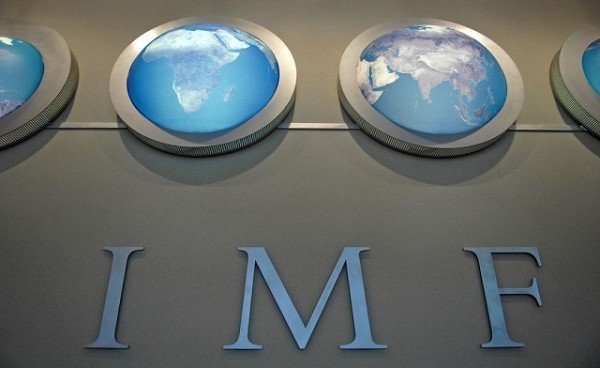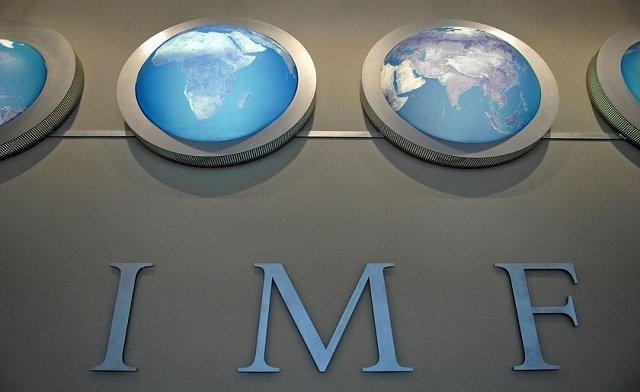The Greek government has started the transfer of €750 million ($834 million) in debt interest to the International Monetary Fund (IMF).
The move was carried out as eurozone finance ministers met in Brussels in a bid to unlock the final €7.2 billion tranche of Greece’s €240 billion EU/IMF bailout.
The eurozone finance ministers said Greece had made “progress” but more work was needed.
Greek Finance Minister Yanis Varoufakis said his country faced a cash crisis within a “couple of weeks”.
“The liquidity issue is a terribly urgent issue. It’s common knowledge, let’s not beat around the bush,” he told reporters after the talks.
The Greek government has until the end of June to reach a reform deal with its international creditors.
Its finances are running so low that it has had to ask public bodies for help.
Eurozone governments have insisted that Greece agree to economic reforms in return for further bailout funding, and there had been fears that the country could default on its latest IMF debt repayment.
However, a Greek finance ministry official was quoted as saying that the order for repayment had been executed on May 11. Almost €1 billion has been handed over to the IMF in interest payments since the start of May.
It is unclear how the Syriza-led government came up with the funds, but the mayor of Greece’s second city Thessaloniki revealed last week that he had handed over cash reserves in response to an appeal for money.
No breakthrough was expected in Brussels on Monday, but Greece was seeking a confirmation that it had made sufficient progress in negotiations.
It was hoping that part of the EU/IMF bailout money could be paid out and that the European Central Bank would restore liquidity to the country’s beleaguered banks.
In a statement, the eurozone finance ministers said they “welcomed the progress that has been achieved so far” in the negotiations, but added: “We acknowledged that more time and effort are needed to bridge the gaps on the remaining open issues.”
Eurogroup chairman Jeroen Dijsselbloem said there had to be a full deal on the bailout before Greece received any further payments.
